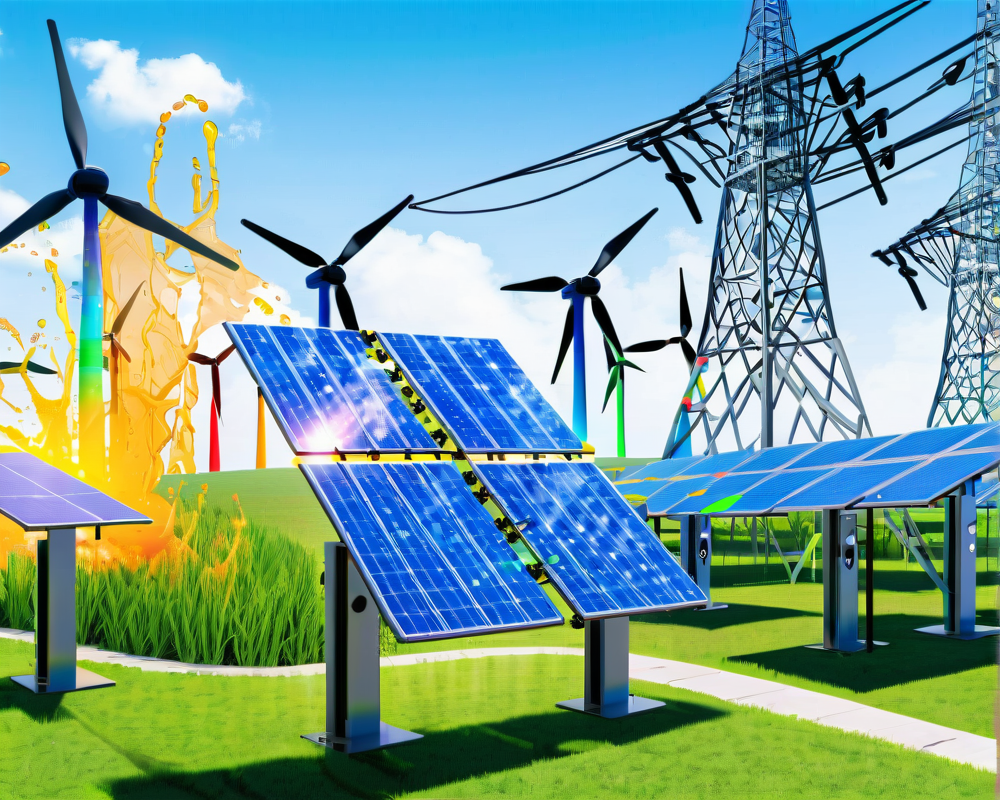Introduction: A Bright Future for Renewable Energy
A little collaboration can go a long way, especially when it comes to renewable energy. In a spirited tango, Thailand’s PTT and the Energy Web Foundation (EWF) have decided to harness the power of blockchain to revolutionize the way we manage and trade renewable energy. Sounds intriguing, right? Well, it gets even better!
Building a Renewable Energy Platform
According to a recent press release, these two powerhouses are set to develop a regional blockchain-based platform that leverages the Energy Web Chain. What does this mean for the common energy consumer? Simply put, it’s about making renewable energy more accessible and accountable.
Compliance with I-REC Standards
The new platform will come compliant with the International Renewable Energy Certificate (I-REC) Standard. This means energy producers can finally put a stamp of authenticity on their renewable energy generation. As I-REC certificates show up, both energy suppliers and buyers can flaunt their green credentials—literally proving where their energy is coming from!
Current Demand and Production Gap
It’s no secret that Thailand fabricated around 28 million megawatt hours (MWh) of clean electricity last year, but only a tiny fraction—just 0.16 million I-REC MWhs—were actually issued. Jesse Morris, the CEO of EWF, was crystal clear in his remarks: this blockchain platform is here to create a bridge connecting supply and demand for I-REC certificates. Think of it as dating for energy—finally, renewables can find their perfect match!
Benefits of Blockchain for Energy Buyers
Worawat Pitayasiri, a senior executive at PTT, added a sprinkle of salt on the matter by outlining the benefits that the platform will bring. Corporate renewable buyers will find it easier to achieve their sustainability goals, all while energy developers can enjoy a new revenue stream from their existing renewable assets. Not too shabby, huh?
- Corporate buyers can scale their sustainability efforts.
- New revenue channels for developers.
- Fresh investments pouring into the renewable sector.
The Rise of Peer-to-Peer Energy Platforms
The universe of peer-to-peer energy trading is also expanding, much like my waistband during the holidays. Recently, Australia’s Power Ledger got its hands dirty with trials aimed at rural commercial settlements. Meanwhile, the U.S. Department of Energy is showering startups with cash to get blockchain energy platforms off the ground. As Dr. Amin Khodaei enthusiastically points out, it’s time to develop the frameworks that promise a sustainable, resilient energy future—let’s make it happen!




